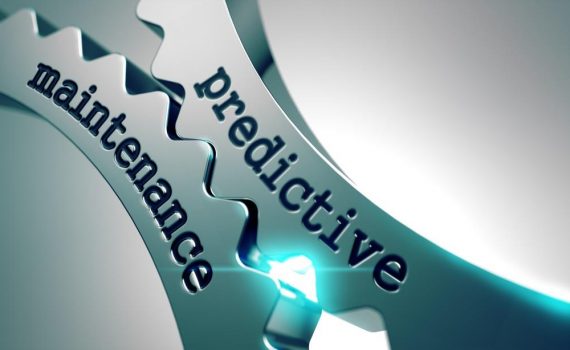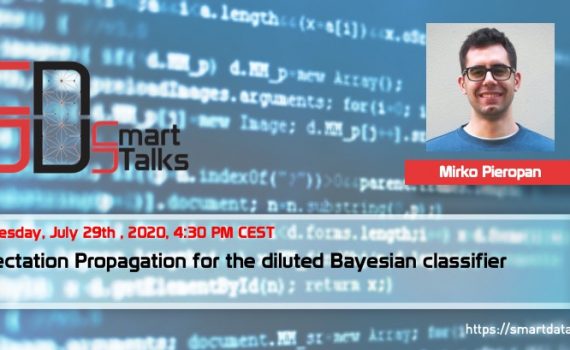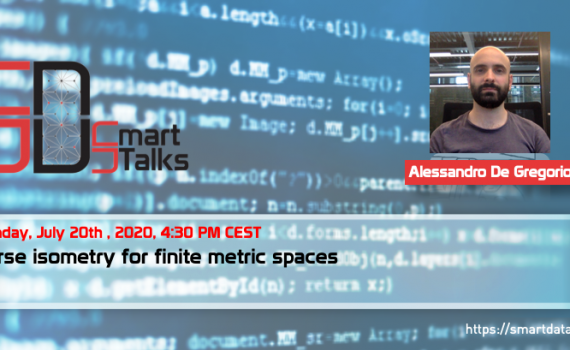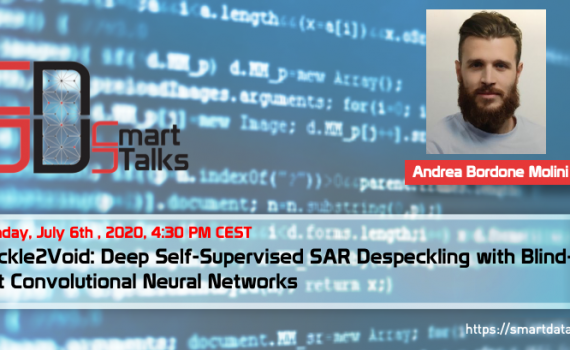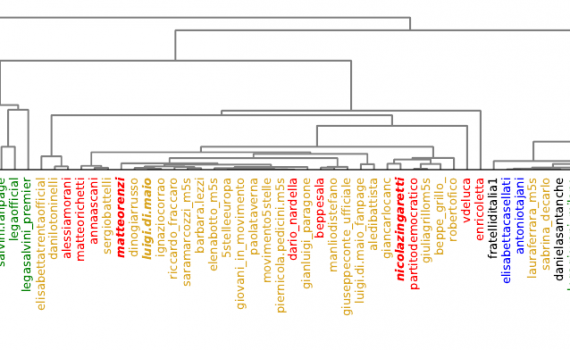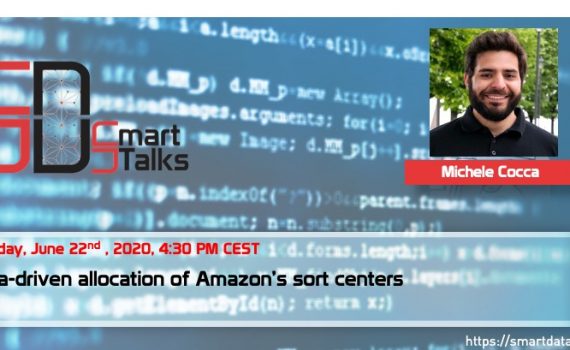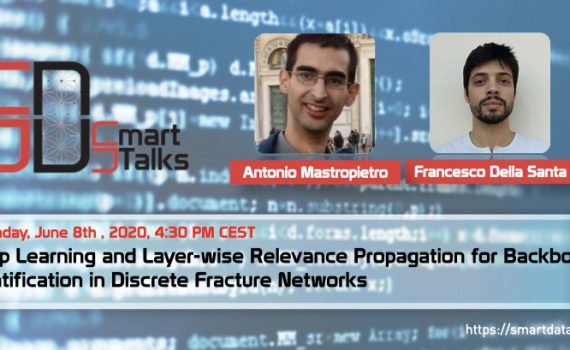This page describes PREPIPE: PREdictive maintenance PIPEline PREPIPE is an advanced predictive pipeline evaluated in the context of predictive maintenance with an automotive case study. The code is given to support the paper: Danilo Giordano, Flavio Giobergia, Eliana Pastor, Antonio La Macchia,Tania Cerquitelli, Elena Baralis, Marco Mellia, Davide Tricarico, (2020), […]
Yearly Archives: 2020
In this page we provide further results and the script to replicate the figures of the papers: M. Barulli, A. Ciociola, M. Cocca, L. Vassio, D. Giordano, M. Mellia. On Scalability of Electric Car Sharing in Smart Cities. In: 2020 IEEE International Smart Cities Conference (ISC2), pp. 1-8, 2020. DOI: […]
This repository contains data and information regarding the paper: Ali Safari Khatouni and Martino Trevisan and Danilo Giordano and Mohammad Rajiullah and Stefan Alfredsson and Anna Brunstrom and Cise Midoglu and Ozgu Alay, “An Open Dataset of Operational Mobile Networks”, submitted in the 18th ACM International Symposium on Mobility Management […]
Presenter: Mirko PieropanWednesday, July 29th, 2020 16:30Location: Microsoft Teams – click here to join Mirko Pieropan: Expectation Propagation for the diluted Bayesian classifier Neural networks can learn a classification rule from examples by adapting their synaptic weights and are able to generalize to previously unseen data. We consider a diluted […]
Packet measurements at scale are essential for several applications, such as cyber-security, accounting and troubleshooting. They, however, threaten users’ privacy by exposing sensitive information. Anonymization has been the answer to this challenge, i.e., replacing sensitive information with obfuscated copies. Anonymization of packet traces, however, comes with some challenges and drawbacks: […]
This webpage contains additional material of the paper: A comparative study of RTC applications Year: 2020 Authors: Antonio Nisticò, Dena Markudova, Martino Trevisan, Michela Meo Identification of the Applications In the following table we report attributes of the Meeting applications that could be used to identify them: Autonomous System (AS) […]
Presenter: Alessandro De GregorioMonday, July 20th, 2020 16:30Location: Microsoft Teams – click here to join Alessandro De Gregorio: Coarse isometry for finite metric spaces Finite metric spaces are the object of study in many data analysis problems. We examine the concept of coarse isometry between finite metric spaces, to analyze […]
Presenter: Andrea Bordone MoliniMonday, July 6th, 2020 16:30Location: Microsoft Teams – click here to join Abstract Information extraction from synthetic aperture radar (SAR) images is heavily impaired by speckle noise, hence despeckling is a crucial preliminary step in scene analysis algorithms. The recent success of deep learning promises a new […]
Unveiling Community Dynamics on Instagram Political Network By: Carlos Henrique Gomes Ferreira, Fabrício Murai, Ana Paula Couto Da Silva, Jussara Marques De Almeida, Martino Trevisan, Luca Vassio, Idilio Drago and Marco Mellia ABSTRACTOnline Social Networks (OSNs) allow users to generate and consume content in an easy and personalized way. Among […]
This webpage contains additional material of the paper: Martino Trevisan, Francesca Soro, Marco Mellia, Idilio Drago, and Ricardo Morla. 2020. Does domain name encryption increase users’ privacy? SIGCOMM Comput. Commun. Rev. 50, 3 (July 2020). Available here. Summary Knowing domain names associated with traffic allows eavesdroppers to profile users without […]
Presenter: Michele CoccaMonday, June 22nd, 2020 16:30Location: Microsoft Teams – click here to join Michele Cocca: Data-driven allocation of Amazon’s sort centers The core of Amazon’s success is the efficient design and management of its delivery network. To reach this level of QoS, the scientific approach behind the freight delivery […]
Presenters: Antonio Mastropietro & Francesco Della SantaMonday, May 8th, 2020 16:30Location: Microsoft Teams – click here to join Antonio Mastropietro: Layer-Wise Relevance Propagation for Deep Learning Surrogate Model investigation Nowadays engineering applications involve the use of computationally heavy simulations to solve dynamical systems that model a given physical phenomenon. By […]

